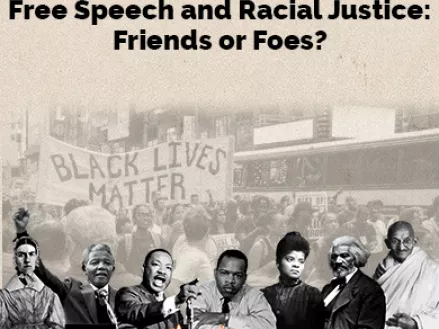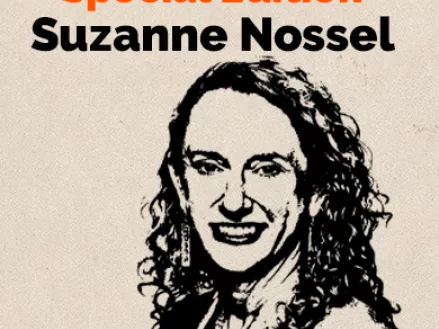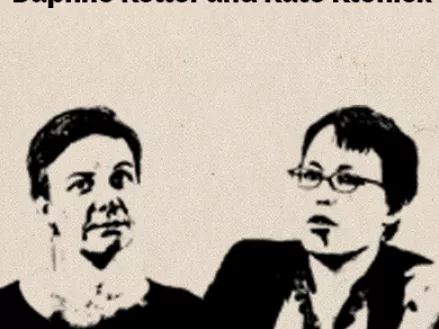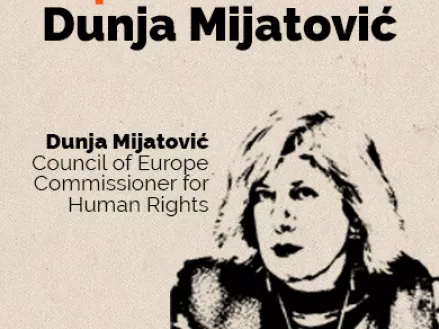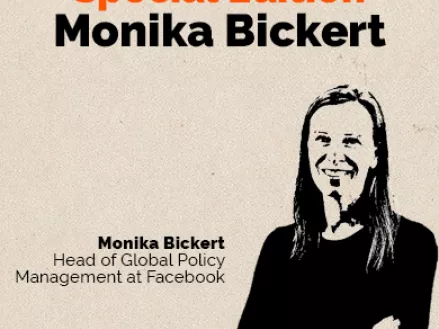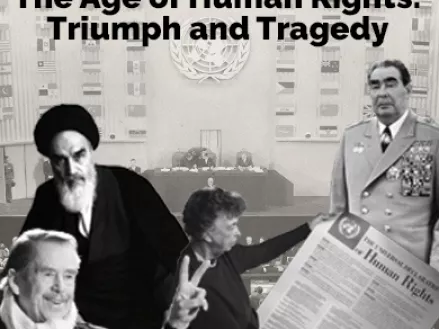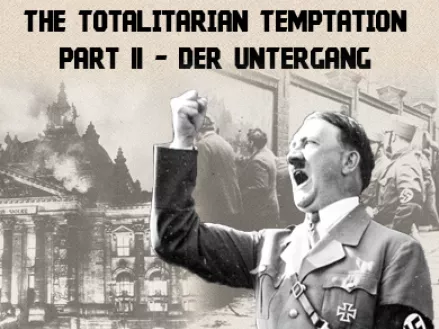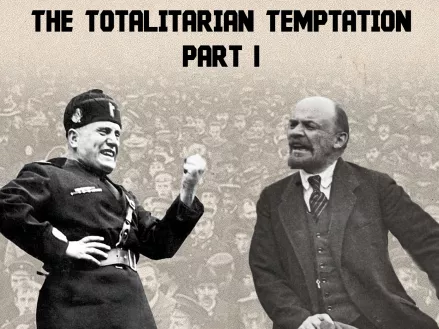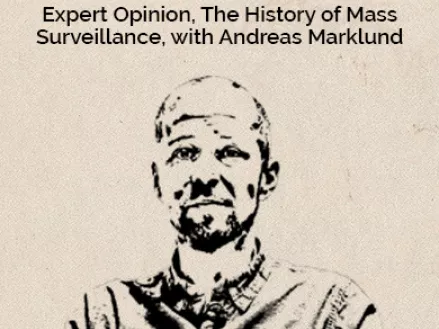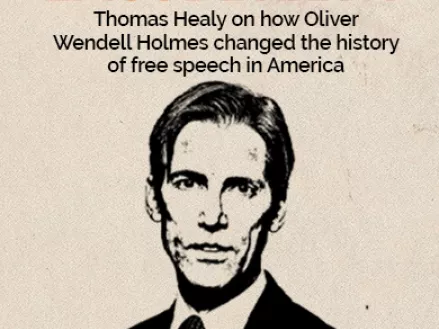Policing opinion in the French Revolution with Charles Walton
Clear and Present Danger - A history of free speechEp. 32
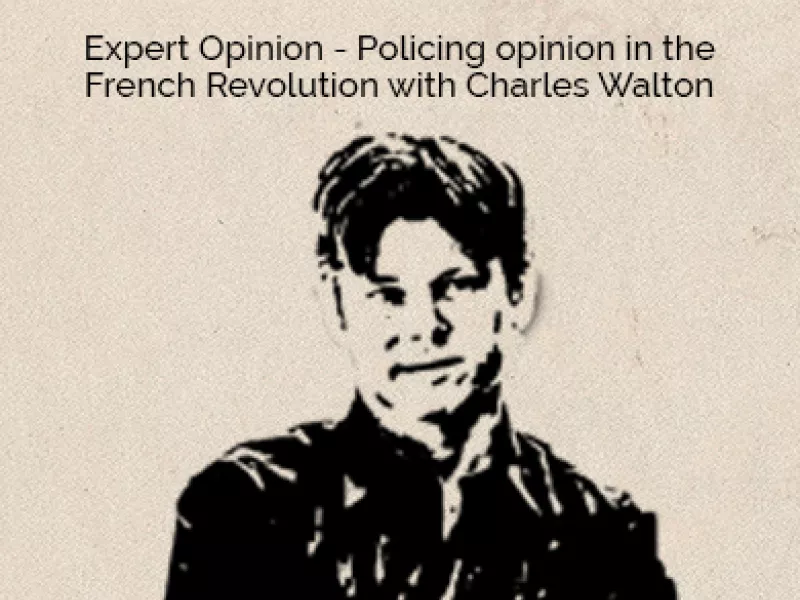
On Aug. 26, 1789, France's National Assembly adopted the Declaration of the Rights of Man and of the Citizen. Article 11 of the Declaration proclaimed:
The free communication of ideas and opinions is one of the most precious of the rights of man. Every citizen may, accordingly, speak, write, and print with freedom, but shall be responsible for such abuses of this freedom as shall be defined by law.
The French Revolution abolished pre-publication censorship and prompted a flood of political publications. But revolutionaries were deeply divided over where to draw the line between the declaration's celebration of "freedom" and condemnation of "abuse" amidst a public sphere in which populists used increasingly incendiary rhetoric to sow division and discord. Old Regime concepts of honor, calumny, and libel survived the Revolution and evolved to justify the policing of opinions perceived to threaten the order and authority of post-revolutionary France, increasingly divided by competing factions. Ultimately, even liberals like Tom Paine -- an ardent defender of the integrity and benevolence of the Revolution -- had to succumb to the idea of political suppression as the Reign of Terror claimed thousands of victims condemned for speech crimes.
In this conversation, French Revolution expert Charles Walton sheds light on the evolution of press freedom and suppression during the Revolution. Walton is the director of the Early Modern and Eighteenth Century Centre at the University of Warwick in the U.K., has taught at both Yale University and Paris' Sciences Po, and is the author of the prize-winning book, "Policing Public Opinion in the French Revolution: The Culture of Calumny and the Problem of Free Speech."
The conversation will explore:
- How the French Revolution abolished pre-publication censorship and unleashed a flood of publications;
- How almost all parts of French society continued to believe in Old Regime restrictions on post-publication censorship;
- How Jacobins, including Maximilien Robespierre, were amongst the most libertarian proponents of free speech in the early part of the Revolution;
- How the climate of free speech under the French Revolution compares to the climate during and after the American Revolution;
- How free speech restrictions became a tool of bitter political partisans;
- How approximately a third of those indicted by revolutionary tribunals during the Terror were targeted for speech crimes, resulting in thousands of executions;
- How the French feminist and author of the Declaration of the Rights of Woman, Olympe de Gouges, became a prominent victim of the Revolution;
- How the legal restrictions on free speech were tightened after the Terror;
- Whether the ideas of Rousseau contributed to the Terror;
- How competing ideas of free speech and mores stretching back to the Enlightenment help explain contemporary France's complicated relationship with free speech.
Why have kings, emperors, and governments killed and imprisoned people to shut them up? And why have countless people risked death and imprisonment to express their beliefs? Jacob Mchangama guides you through the history of free speech from the trial of Socrates to the Great Firewall.
You can subscribe and listen to Clear and Present Danger on Apple Podcasts, Google Play, YouTube, TuneIn, and Stitcher, or download episodes directly from SoundCloud.
Stay up to date with Clear and Present Danger on the show's Facebook and Twitter pages or visit the podcast's website at freespeechhistory.com. Email us feedback at freespeechhistory@gmail.com.


